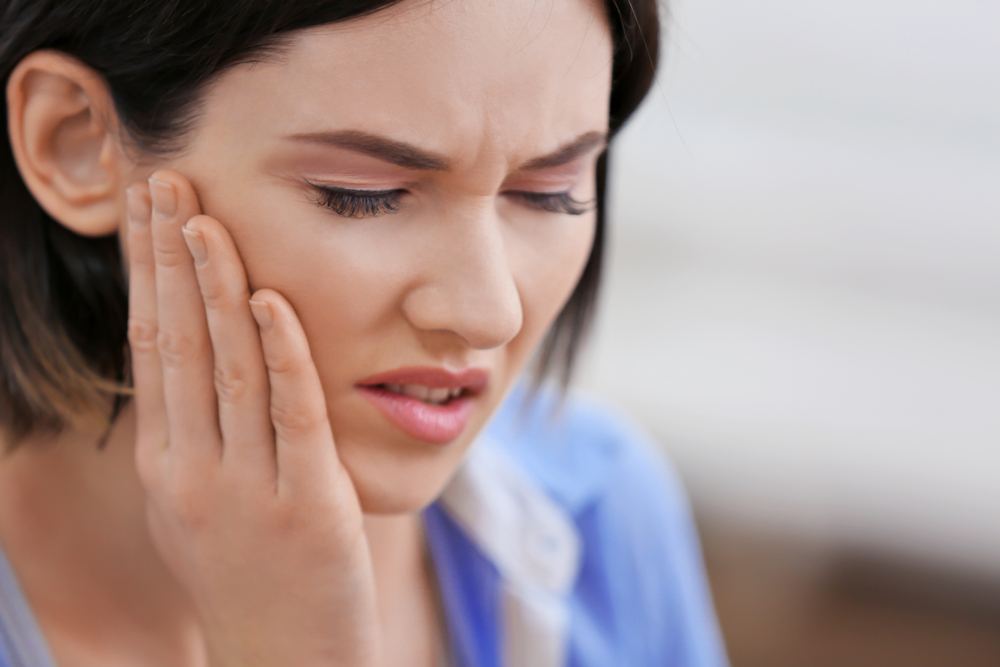
Have there been mornings when you woke up with a severe headache? A painful tooth? A sore, stiff jaw? Do you have difficulty opening your mouth or chewing in the morning? Has someone told you that you grind your teeth in your sleep? If these have happened to you, don’t directly relate it to an activity or something you ate the previous day. These are signs of sleep bruxism or teeth grinding, a condition common among adults (10-15 percent) and children.
The way to avoid the uncomfortable symptoms of teeth grinding is to wear a nightguard when sleeping.
Here are four signs that wearing a nightguard is the way to go for you:
1. Headaches in the Morning
If you are constantly waking up with a headache, it could be that you grind your teeth while sleeping. The headaches are either mild or intense. The pain starts on the sides of your head and travels to the back. The headaches are a result of putting excessive pressure on your jaws at night.
2. Pain and Soreness in the Jaws, Teeth, and All-Around Your Face
Grinding your teeth strains and stresses your jaw muscles, causing them to become inflamed. You wake up with a stiff and painful jaw. Your teeth and rest face may also ache. People with sleep bruxism often have difficulty taking anything in the morning. It hurts to open their mouths or to chew. Talking may also be difficult, and you may hear a popping or clicking sound. Some people even have pain and a ringing in their ears, while others lose hearing in one or both ears.
3. Someone Telling You That You’ve Been Grinding Your Teeth
A significant other, parent, sibling, friend, or colleague with whom you share a sleeping space may tell you about it. Teeth grinding is usually so loud. It’s a wonder it doesn’t wake you up.
4. Visible Signs Your Teeth Are Wearing Out
Due to the frequency and intensity with which many people grind their teeth, it gets to a point where your teeth can no longer stand the pressure. They give in to the persistent strain and stress and start to wear down. You may see it when you look into a mirror and notice that your teeth have cracks, or that the front teeth are getting shorter. You could also notice that your molars appear flattered or have pits in them. Some people even chip their teeth in the night.
The above are the common signs of teeth grinding or bruxism. Your dentist is trained to look for these signs and help you with treatment. He or she may recommend that you wear a night guard while sleeping, which is an easy way to protect your teeth.
Get a Nightguard
A night guard is a soft or hard plastic piece that looks like a retainer, designed to be placed either on the top or bottom teeth. It cushions your teeth from the pressure of clenching and prevents teeth grinding. Wearing a nightguard eliminates headaches, inflamed gums, or damage to teeth linked to bruxism.
Get your teeth examined and a night guard fitted at John K. See, DDS in Camarillo, California. You can also call 805-920-8600 to request an appointment.










